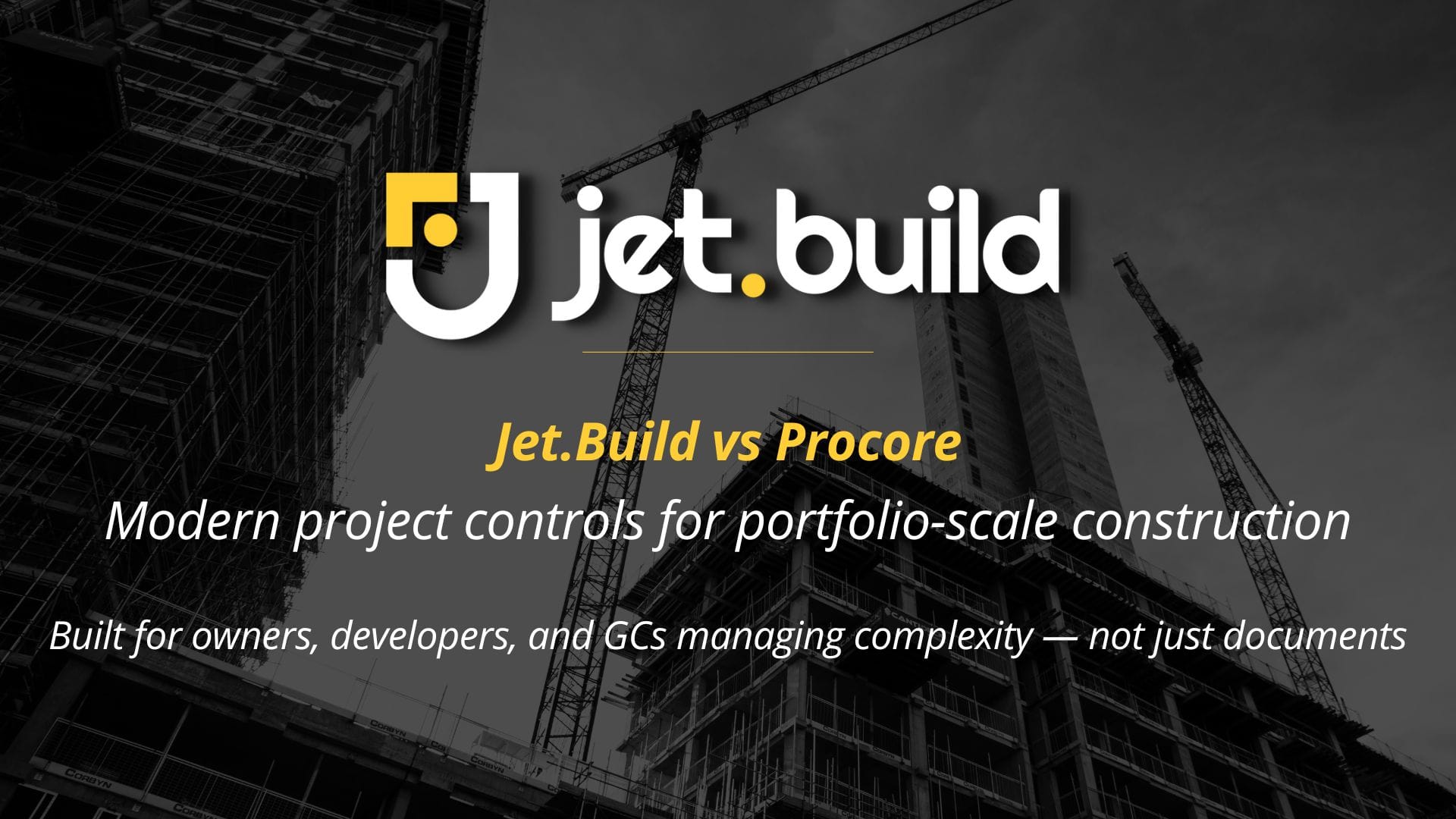The Hidden Cost of Slow Responses ⏱️💸
In construction, every delay carries a price. Schedules are tight, budgets are thin, and unexpected holdups ripple through a project faster than most teams realize. One of the most overlooked—and costly—causes of delay isn’t a supply chain issue or labor shortage. It’s something far simpler: slow responses to RFIs (Requests for Information).
An unanswered RFI doesn’t just sit quietly in someone’s inbox. Each day it lingers, trades are left waiting, crews are stalled, and critical tasks can’t move forward. What seems like a “small delay” often snowballs into a cascade of missed milestones, higher labor costs, and frustrated stakeholders.
Industry research shows that even a 48-hour delay in RFI turnaround can add thousands of dollars in costs to a project. Multiply that across dozens—or even hundreds—of RFIs, and the financial impact becomes staggering.
Why Speed-to-Response Matters More Than Ever ⚡
In today’s construction environment, speed is more than a competitive edge—it’s a necessity. Developers, owners, and GCs are under pressure to deliver projects faster, leaner, and with greater transparency. That’s why speed-to-response is emerging as a critical KPI across the industry.
Think of it this way:
- Faster responses keep crews moving 👷♂️👷♀️.
- Clearer communication reduces disputes 📝.
- Quicker decision-making protects budgets 💰.
- Improved accountability builds trust across stakeholders 🤝.
When teams can rely on rapid response times, they’re not just working faster—they’re working smarter.
The Traditional RFI Problem 🛑
The traditional RFI process is notoriously inefficient. Paper forms, email threads, and scattered communication create bottlenecks at every step. By the time an RFI is written, submitted, forwarded, clarified, and answered, days—or weeks—can pass.
These delays aren’t just frustrating. They compromise productivity, inflate costs, and erode trust between project stakeholders. And as projects grow in complexity, the volume of RFIs continues to rise, making the problem even harder to ignore.
A New KPI for a New Era 🏗️
Historically, KPIs in construction have focused on cost, schedule, and safety. While these remain crucial, communication speed has now joined the ranks of key performance indicators.
Forward-thinking firms are beginning to track and measure speed-to-response because they recognize its direct impact on outcomes. In fact, some project owners are now requiring transparency into RFI response times as part of contractual reporting.
Why? Because data shows that faster response rates directly correlate with fewer change orders, tighter schedules, and improved profitability.
How Jet.Build Makes Speed the Standard 🚀
At Jet.Build, we’ve redesigned the daily workflows that slow construction teams down. Our platform makes speed-to-response the default, not the exception.
Here’s how:
- Instant RFI submissions from the field with photos 📸, tasks ✅, and notes 🗒️.
- Centralized communication that eliminates email chains and siloed updates.
- Real-time notifications so stakeholders see and respond to issues immediately.
- Automated tracking that holds everyone accountable and ensures no RFI slips through the cracks.
By streamlining the process, Jet helps teams cut turnaround times from days to hours. The result? Projects that stay on track, budgets that stay under control, and teams that stay aligned.
The Bigger Picture: Protecting Relationships 🤝
Beyond schedules and budgets, speed-to-response plays a critical role in protecting relationships. Delayed communication often leads to blame, frustration, and even disputes. On the other hand, quick, transparent responses build trust between owners, GCs, subs, and design teams.
In an industry built on collaboration, trust is everything. And trust is built on construction communication.
Conclusion: A KPI Worth Measuring ✅
Construction is evolving. Speed-to-response is no longer a “nice-to-have” metric—it’s a KPI that defines project success. As RFIs and deliverables increase in volume and complexity, the ability to respond quickly will separate the projects that succeed from the ones that struggle.
With Jet.Build, speed becomes second nature. Our tools empower teams to act fast, reduce bottlenecks, and protect the metrics that matter most: time, cost, and trust.
In the end, speed-to-response isn’t just about faster communication. It’s about building better projects, stronger teams, and lasting relationships. And that’s a KPI worth tracking. 🚧






